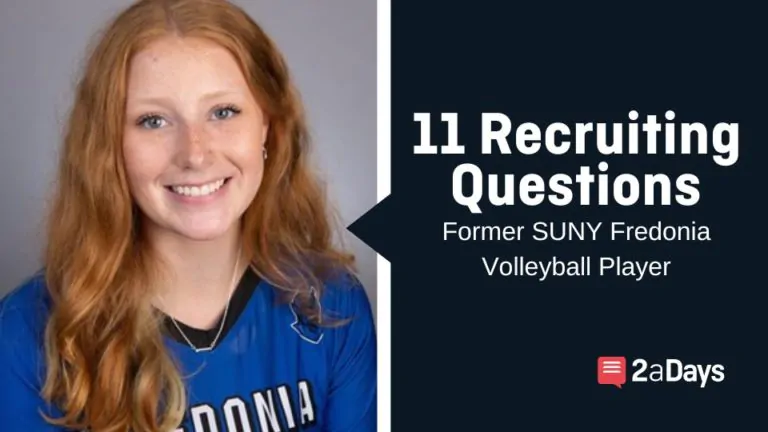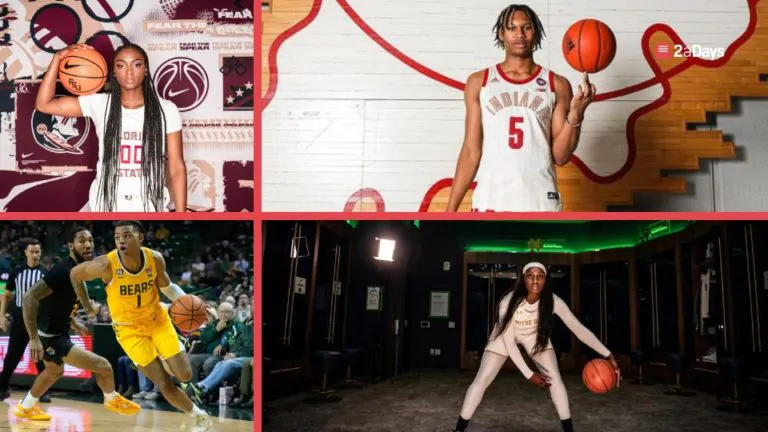There is an unspoken taboo about the strained relationships between coaches and athletes within collegiate athletics. We're here to show you that these things happen more often than you think and even though you might feel alone in your experience. Here are some tips to keep in mind when butting heads with your coach.
Related: Rate your Coaches, Facilities and Campus Visits
Control What You Can
A great tip to start off with is having perspective. What makes any tension-filled relationship worse are rash comments or actions that just seem to fan the flames of conflict even higher. We're here to remind you to stay level-headed. A coach has a lot of say in your collegiate career and you want to stay calm and logical while talking to them so they see that you take these things seriously.
Related: 4 Tips to Handle Team Drama
That being said, if you think a coach is being irrational, combat their tactics with a clear and concise message of what you need. Even if you feel you're being too professional, it is best to stay clear in what your needs are and how that coach is affecting that.
Lastly, remember that this is a collaborative effort! At the end of the day, you and your coach need to come to an agreement on how to proceed. Agreeing requires the need to compromise and taking responsibility for your actions or anything the coach might say about your performance. At times, it is more effective to let go of your pride of being right in order to resolve conflict or disagreement.
Related: Missouri Southern State University Head Softball Coach Blackney Talks Communication & Hardwork
Prioritize Your Needs
This is the part where you need to be a little selfish. Whatever the outcome is, the disagreements and conflicts with a coach ultimately affect your future in athletics and academics. You need to evaluate what you need in order to be successful in that program. Of course, this might include things you are uncomfortable with, but knowing where your boundaries are can help in determining what the right path for you to take is. This can be confusing, but boil it down to what your goals are and work from there. If you have a result in mind, you can look into tangible ways to get there. Then you can determine if your coach is meeting those requirements.
Authority Check
Yes, it is important to listen to your coach and to trust them, but their level of authority over you and your teammates should be built on their dedication to making you a better athlete–any other actions are not in their job description. To be clear, we are not encouraging you to go and fight your coaches every word, but this is to resolve your doubts in speaking up for yourself. Your needs and well-being must come first, no matter your athletic results, and if your coach does not hold that priority, then it's time to speak up.
Related: Bad Coaching and How to Conquer It
That being said, they could be doing things that negatively affect you without even knowing. A safe practice is to give them the benefit of the doubt. Each coach has a load of athletes they have to manage, teach, and make into elite competitors. Their style might work really well for one athlete, but terribly for another. What you can do in this scenario is communicate your needs (as mentioned before). If you express to your coach your concerns and they continue to disregard them, then it is time to take action.
Other Resources
The biggest thing to remember is that you have a support system! If a coach is giving you a hard time, reach out to their superior, the athletic department, compliance officers, or academic supporters. University officials are bound to ensure the safety of all their students and although your coach might be making your experience worse, there are those around you willing to support your well-being.
Have an idea for a story or a question you need answered? Email us at [email protected]
* Originally published on May 16, 2022, by Catherine Light







